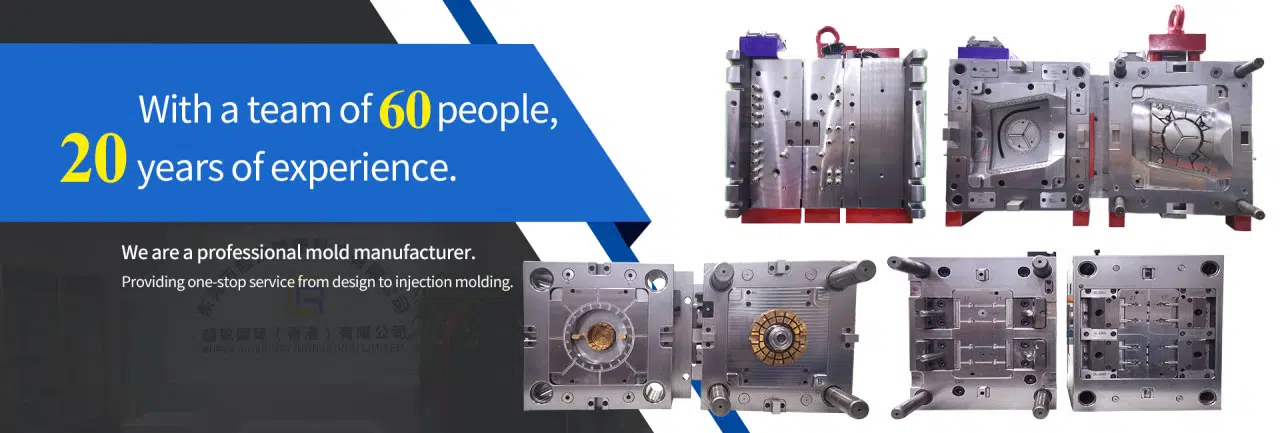Copper: The Essential Metal for Modern Technology

# Copper: The Essential Metal for Modern Technology
## The History of Copper
Copper is one of the oldest metals known to humanity, with its use dating back over 10,000 years. Ancient civilizations prized copper for its malleability and conductivity, using it to create tools, jewelry, and early forms of currency. The Bronze Age, which followed the Copper Age, marked a significant advancement in human technology when people discovered that combining copper with tin created a stronger alloy – bronze.
## Properties That Make Copper Special
Copper possesses several unique properties that make it indispensable in modern technology:
– Excellent electrical conductivity
– High thermal conductivity
– Corrosion resistance
– Antimicrobial properties
– Ductility and malleability
– Recyclability
These characteristics have made copper a critical material in countless applications across various industries.
## Modern Applications of Copper
### Electronics and Electrical Systems
Copper is the backbone of modern electrical systems. From the tiny wires in your smartphone to the massive cables transmitting power across continents, copper’s superior conductivity makes it the ideal choice. Nearly all electrical devices contain copper components, including:
– Printed circuit boards
– Electrical motors
– Transformers
– Wiring systems
– Renewable energy systems
### Construction and Architecture
The construction industry consumes a significant portion of the world’s copper production. Copper’s durability and aesthetic appeal make it popular for:
– Plumbing systems
– Roofing materials
– Architectural elements
– Heating and cooling systems
### Transportation
Modern vehicles rely heavily on copper components. An average car contains about 50 pounds of copper, while electric vehicles can contain up to four times that amount. Copper is essential for:
– Electrical wiring
– Motors and batteries
– Radiators
– Braking systems
## The Future of Copper
As technology advances, the demand for copper continues to grow. Emerging applications include:
– Renewable energy systems (solar panels, wind turbines)
– Electric vehicle infrastructure
– Smart grid technology
– High-speed data transmission
– Advanced medical equipment
With its unique combination of properties and sustainability (copper is 100% recyclable without loss of quality), copper will undoubtedly remain a cornerstone of technological progress for decades to come.
## Environmental Considerations
While copper mining has environmental impacts, the metal’s recyclability helps mitigate these concerns. Currently, about one-third of global copper demand is met through recycling. The industry continues to develop more sustainable mining practices and improve recycling technologies to reduce its environmental footprint.
Keyword: Copper
From ancient tools to cutting-edge technology, copper has been shaping human civilization for millennia. Its unique properties ensure that this remarkable metal will continue to play a vital role in our technological future. As we move toward more sustainable and efficient technologies, copper’s importance is only likely to increase.
Categories: News